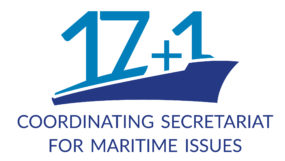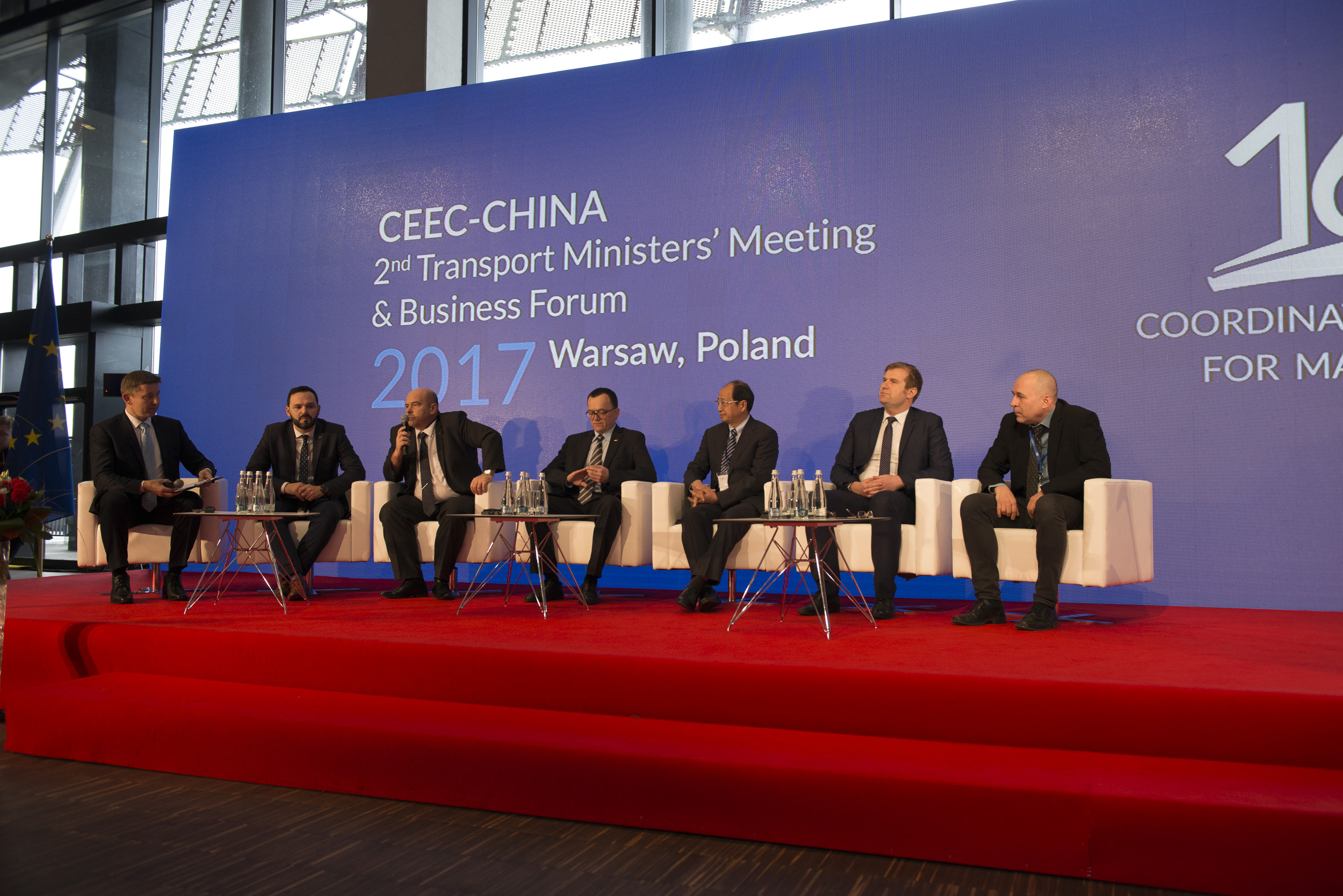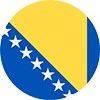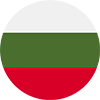The United Nations Global Compact was established in 2000 by the decision of Secretary-General of the United Nations Kofi Annan, who took that decision following the Davos meeting. The United Nations Global Compact is the largest business initiative, whose activities are aimed at including the private sector in the UN policy in areas in which they are consistent with each other. Regarding inland navigation, and maritime transport in general, it has been associated with energy, and in particular with the development of hydropower. These issues have been raised in the AGN Convention adopted by Poland this year (2017).
The Ministry of Maritime Economy and Inland Navigation is planning to establish a Business Stakeholders’ Forum, with the aim to exchange information and provide better access to capital, as well as to improve cooperation on the implementation of specific activities such as feasibility studies or tenders issued by the Ministry. It takes a significant amount of time to carry out an investment in inland navigation, and it is extremely important that these investments are well planned and thought out. These plans should include activities that ensure caring for the natural environment and sustainable development.
There will be a Climate Summit held in Katowice in November 2018, at which the discussions will be directed, inter alia, to the reconstruction of the transport paradigm. These activities also form part of the TEN-T network (referred to by Michał Polański) that coordinates and ensures the cohesion and complementarity of infrastructure investments. The subject of current activities within the framework of the counterbalancing strategy concerning the quantity of goods to be transported by Polish rivers will also be discussed. In this respect, Poland differs significantly from the EU average, and this difference must be inevitably compensated. This problem is also the subject of the discussion of the Geneva transport subcommittee dedicated to inland navigation. The participation of the Polish party in those discussions offers the opportunity to benefit from the experience of international partners, for example the Danube Commission or the Rhine Commission. This may contribute to the faster launch of navigability on the Oder and Vistula rivers. Currently, works to establish the Oder Commission are underway, which is a very good move on the government side.
Primarily, the UN Global Compact manages and ensures cooperation between the private sector, the government, the local governments and the world of science. In Poland, Global Compact performed several analyses in 2015 and 2016 and carried out several dozen consultative meetings, which served the discussion on inland waterway transport in Poland. Of the four reports that were produced, two concern the Baltic Sea and the other two the inland waterwaysof the Oder and Vistula Rivers. The work on reports gathered over 200 experts and has become the basis for a substantive discussion on the implementation of investments in inland navigation.
The key recommendations articulated by Global Compact are as follows: the adoption of the AGN Convention, the establishment of the Oder and Vistula Commission at UNECE and, within the non-combined administration, the establishment of a separate team dealing with the implementation of tasks resulting from the convention. These recommendations were implemented to the level of 80% in 2016 and 2017. The Stakeholders’ Forum constitutes the next task. We define the forum as a group of practitioners to whom specific activities will be commissioned. It is extremely important that the companies taking part in this venture, from ports to companies that carry out individual investments, as well as logistics companies and logistics centres that are established in the course of these activities, enter into dialogue with each other and develop common business strategies, especially long-term ones. Business strategies are the basis for managerial decisions on the financing of investments, so there is always a specific amount of funding supporting them. Therefore, it is extremely important to organise and coordinate activities in this area. This applies to the agreement being drawn up between the Ministry of Maritime Economy and Inland Navigation and Global Compact. I am glad that the Ministry of Maritime Economy and Inland Navigation understands this issue and is ready to discuss about it.
The name Global Compact Network Poland perfectly reflects the mission of the organisation. The term ‘network’ covers a multitude of links, synergy, exchange of views, exchange of knowledge and aconvergence of views. Indeed, this is how the role of the organisation should be understood. This role primarily consists of supporting specific activities. To the extent possible, Global Compact Network Poland will support the Polish government in its activities.





 Albania
Albania Bosnia and
Bosnia and Bulgaria
Bulgaria China
China Croatia
Croatia Czechia
Czechia Estonia
Estonia Hungary
Hungary Latvia
Latvia Lithuania
Lithuania
 Montenegro
Montenegro Poland
Poland Romania
Romania Serbia
Serbia Slovakia
Slovakia Slovenia
Slovenia